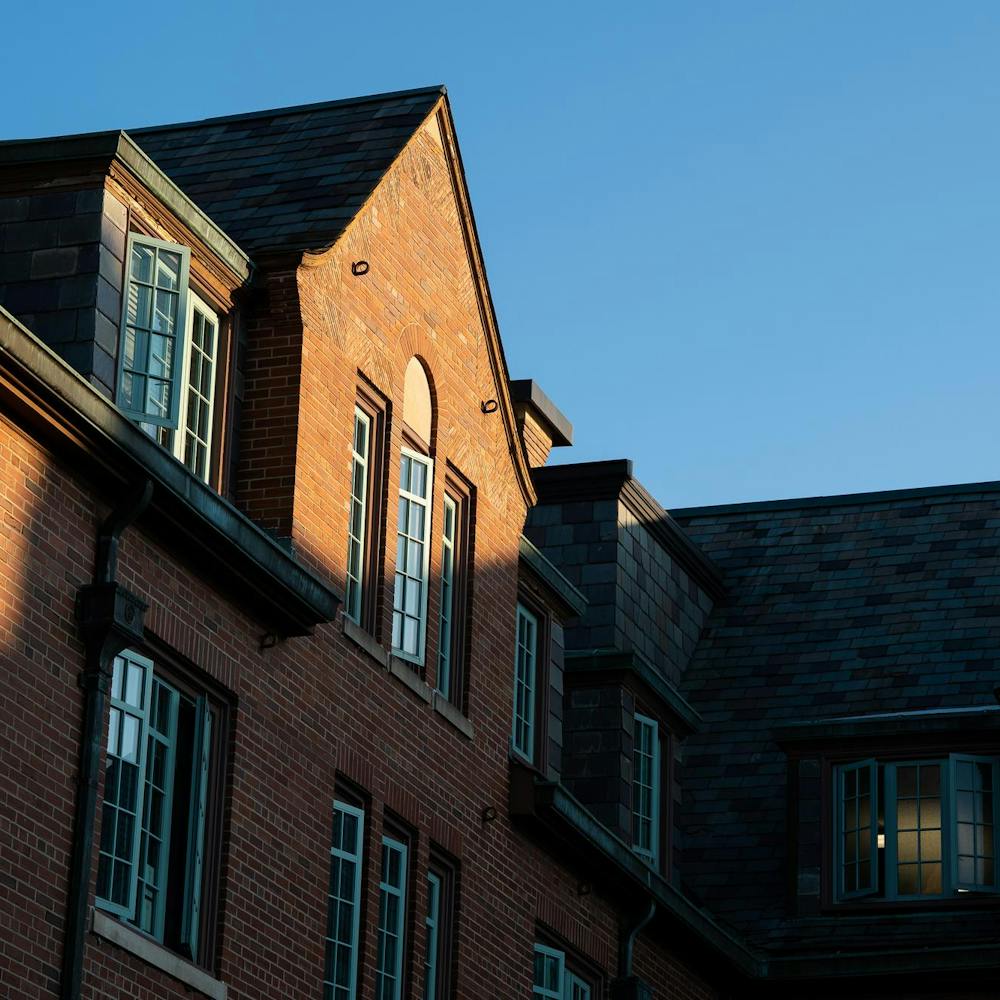Mother Nature struck Japan again this past weekend, this time with a 7.1-magnitude earthquake rumbling the Pacific Ocean about 200 miles from the coast of Fukushima, Japan — a situation that caught the attention of MSU students and experts.
Around 2:10 a.m. local time Friday, the quake rattled much of Japan’s east coast with an epicenter about 203 miles east-northeast of Tokyo.
It was presumably an aftershock from the earthquake that happened two years ago in 2011, said MSU geological professor Kazuya Fujita. When a big earthquake like that occurs, the area remains active for years following, as everything tries to re-calibrate.
“It’s likely the earthquakes will continue for years in the same general region,” Fujita said. “Things are adjusting from the March of 2011 movements — now we have a lot of earthquakes that are kind of adjusting stresses and things like that are jostling around to readjust.”
In March 2011, Japan suffered a 9.0-magnitude earthquake following a tsunami reaching 32 feet. The resulting impact ultimately took the lives of more than 15,000 people and disrupting the Fukushima Daiichi nuclear power plant. Despite the earthquake reaching a magnitude seven on the Richter scale,the quake Friday did not leave any major damage.
Chad Cole, program coordinator for Japanese Center for Michigan Universities, or JCMU, said when sending students abroad in Japan, JCMU, along with the Office of Study Abroad, or OSA, holds an on-sight orientation where students learn ways to practice safety and health precautions. The tactics include weather and other emergency situations. Students who study abroad are usually stationed in Hickone, Japan, which is about 400 miles away from the recent earthquake regions.
“Japan is a very earthquake active country,” Cole said. “We’re in one particular area in Japan and we generally have been so fortunate not to experience very many earthquakes, but we follow the standards that (the) OSA puts in for the university if something were to happen.”
Earthquakes are not out of the norm for Japan, said Japanese senior Joseph Canty, who serves as president of MSU’s Japan Club.
Even though most MSU Japanese students in the Japan Club aren’t from Fukushima, Canty said the students from Tokyo are worried about the potential radiation issues that come from the disruption of the nuclear plants.
“Japan really has no natural resources, so it’s really expensive to use any other form of energy,” Canty said. “Nuclear energy is most efficient and people are torn on whether they should use it or not.”
The 2011 earthquake led to a meltdown at three of the six reactors in the Fukushima Daiichi plant, said Fujita. Because of the meltdown, contaminated water began to leak into the Pacific Coast.
“They still haven’t gotten the whole water leak situation under control, so any time you have anything this big, you have to have some concern that some of the stuff that haven’t been fixed or poorly fixed may break and the leakage may continue or get worse,” Fujita said.
Canty said residents in any areas impacted by an earthquake have to fall back on training for emergency situations.
“All people can do in the area is just do what they’ve been told when there’s an earthquake — do the normal drills to prepare for that and hope for the best,” he said
Support student media!
Please consider donating to The State News and help fund the future of journalism.
Discussion
Share and discuss “Earthquake in Japan draws attention on campus ” on social media.






